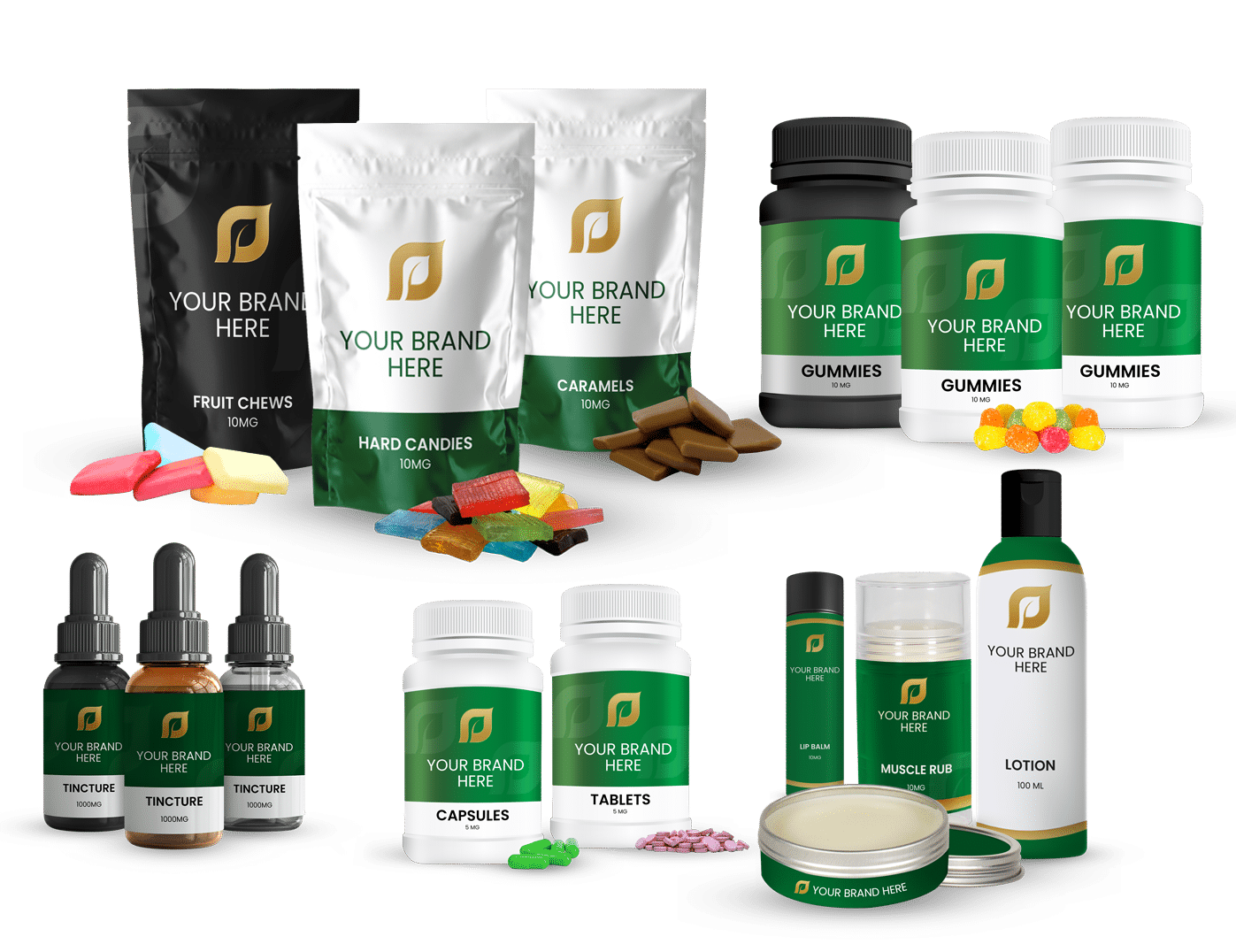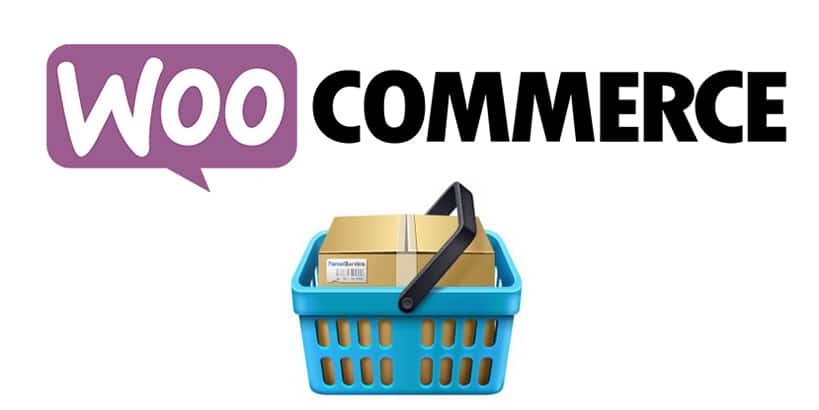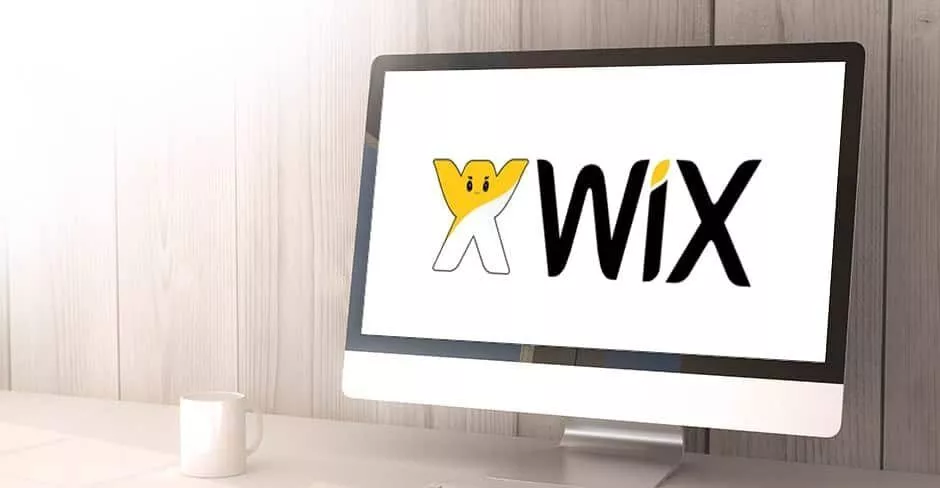The hemp industry has been experiencing a boom over the last few years. This surge of interest and profitability is largely due to the Agriculture Improvement Act of 2018, which effectively legalized the cultivation, processing, and sale of hemp at a federal level in the United States. This act has opened up a wealth of opportunities for farmers, entrepreneurs, and investors, making the hemp business a lucrative venture for those willing to navigate its relative complexity.
Within the hemp market, there are many roles to consider. From seed breeders and cultivators to processors and retailers, each part of the supply chain plays a vital role in bringing hemp products to consumers. One of the most prominent products in the industry is Cannabidiol (CBD) oil, which has seen a remarkable surge in demand due to its potential therapeutic benefits.
This increasing demand for CBD oil, along with other hemp-derived products, is continually driving the market’s growth. However, it’s important to note that while the industry offers considerable profit potential, it also requires careful planning, compliance with regulatory measures, and a keen understanding of market dynamics to succeed.
In the following sections, we will delve deeper into what it takes to start a successful hemp business. Whether you’re interested in becoming a hemp seed breeder, a cultivator, or even stepping into the retail space, the journey ahead promises to be both challenging and rewarding. Let’s get started.
Table of Contents
ToggleKey Takeaways
- Gaining a thorough understanding of hemp, its regulations, and roles within the industry is crucial. This includes the differences between hemp seed breeders and cultivators and knowledge of legal frameworks such as the Agriculture Improvement Act of 2018.
- Developing a comprehensive business plan is essential. This involves rigorous market research, SWOT analysis, sales strategy, operating plan, and a profit & loss forecast.
- Compliance with local and federal laws, including registering through programs like the California Department of Food and Agriculture (CDFA) Industrial Hemp Program, is necessary for operating legally.
- Effective marketing and sales strategies, such as direct sales to extraction companies, active online presence, and joining hemp grower’s associations can significantly contribute to the success of your hemp business.
Understanding the Hemp Business

Before delving into the intricacies of starting a hemp business, it’s essential to have a solid understanding of what exactly hemp is and who the key players are in this burgeoning industry.
Hemp, a variety of the Cannabis sativa plant, is characterized by its low tetrahydrocannabinol (THC) content. THC is the psychoactive compound found in cannabis that produces the “high” associated with marijuana. In the United States, for a cannabis plant to be legally classified as hemp, it must contain no more than 0.3% THC on a dry weight basis. This distinction is crucial in the hemp business, as it separates the legal, industrial hemp industry from the federally regulated marijuana industry.
In the hemp industry, two primary roles exist: hemp seed breeders and hemp cultivators. Hemp seed breeders specialize in developing genetically diverse and unique hemp strains, focusing on traits like CBD content, yield, and resistance to pests and diseases. On the other hand, hemp cultivators are the farmers who grow the hemp, using the seeds or starts provided by the breeders. They nurture the crop, ensuring optimal growth conditions for a successful harvest.
A crucial aspect of the hemp business is understanding the regulatory landscape. Regulations vary significantly by state, so it’s essential to familiarize yourself with your local laws and guidelines. In California, for example, the passing of Senate Bill 1409 in 2018 was a game-changer. This bill legalized the cultivation of industrial hemp and established a framework for the state’s hemp program, opening up new opportunities for entrepreneurs interested in the hemp business.
Understanding the regulations and roles within the hemp industry is a fundamental step toward starting your hemp business. With this knowledge, you can navigate this exciting sector more effectively and make informed decisions as you develop your business plan.
Laying the Foundation: Market Research and Planning
Starting a hemp farm requires more than just a plot of land and some seeds; it requires a solid business plan. This begins with rigorous market research. Understanding the current state of the hemp industry, the potential competitors, and the target customer base is crucial. It’s worth investing in a market research report for in-depth insights.
Next, develop a comprehensive business plan. This should include a SWOT analysis (Strengths, Weaknesses, Opportunities, Threats), a roadmap for sales strategy, an operating plan, and a profit & loss forecast. This plan will not only guide your business operations but also attract potential investors.

Navigating the Legal Landscape: Registration and Regulations
Before you can start sowing hemp seeds, you must register through the California Department of Food and Agriculture (CDFA) Industrial Hemp Program. This process ensures your business complies with state and federal laws.
In addition to registration, understand and adhere to local hemp regulations. These can vary significantly from one location to another. Ignorance is no excuse in the eyes of the law, so make sure you are well-versed in the rules that apply to your farm.
Choosing the Right Start: Quality Seeds and Soil
The success of your hemp farm rests heavily on your choice of seeds. Quality hemp seeds or starts can dramatically influence your yields. Consider feminized seeds, which are more likely to produce the desired female plants, increasing your potential for high yields.
The soil also plays a pivotal role in hemp cultivation. Ensure your soil lacks excessive elemental sulfur, potassium sulfate, and rock phosphate. These elements, if present in high amounts, can affect plant growth and, ultimately, your yields.
Cultivating Success: Farming Techniques and Testing
Once your seeds are planted, attention must be paid to cultivation methods. One method to consider is the use of light-deprivation greenhouses. These structures allow for greater control over light exposure, which can significantly improve plant growth and yield.
Regular testing for THC content is also imperative. Hemp that exceeds the legal THC limit (0.3%) must be destroyed, according to federal law. Regular testing helps to ensure your crop remains compliant.
Optimal Harvest: Irrigation and Quality Control
Finally, consider your irrigation system. An appropriate irrigation system can increase crop yields and minimize water waste. It’s a vital part of your hemp farm’s infrastructure.
Remember, starting a hemp farm is not just about planting and harvesting. It’s about planning, compliance, selection, cultivation, and quality control. Each of these elements plays a crucial role in the success of your hemp business.
Marketing and Sales
When it comes to marketing and selling your hemp biomass, adopting a direct sales approach to extraction companies can be a game-changer. By choosing this route, you bypass the middleman, allowing you to enjoy greater profit margins. Direct sales also provide you with the opportunity to establish long-term relationships with extraction companies. Over time, these relationships can help ensure a consistent demand for your product and contribute to the overall stability of your hemp business.
Having a strong online presence is another crucial aspect of marketing and sales in the hemp business. It’s not just about having a website or social media accounts but actively engaging in online communities like hemp farmer forums. These platforms offer an excellent opportunity to connect with potential buyers, gain insight into market trends, and share experiences with fellow hemp growers.
Joining a hemp grower’s association should also be on your to-do list. These associations not only offer networking opportunities but also provide access to valuable resources such as industry reports, legal updates, and educational events. Being part of a hemp grower’s association can also lend credibility to your business, making it easier for you to establish partnerships with other industry players.
Remember, the hemp business is more than just growing and harvesting; it’s about selling your product effectively and strategically. By adopting direct sales, leveraging online platforms, and aligning yourself with a hemp grower’s association, you can ensure your hemp business thrives in a competitive market.
Conclusion: The Journey to Starting Your Hemp Business
Starting a hemp business is no small feat. It involves understanding the intricacies of hemp and its regulations, planning and executing a comprehensive business plan, and effectively marketing and selling your products. However, the potential rewards can be immense.
Remember, the first step is gaining a thorough understanding of hemp itself. Understanding the THC content guidelines and the differences between hemp seed breeders and cultivators can form a solid foundation for your business. Knowledge of the regulatory landscape, including Senate Bill 1409, is also vital to operate within legal boundaries.
Following this, developing a robust business plan is crucial. This includes conducting market research, developing a SWOT analysis, crafting a sales strategy, laying out an operating plan, and forecasting profit and loss. Registering through the CDFA Industrial Hemp Program and adhering to local regulations will ensure your business operates legally and smoothly.
Selecting quality hemp seeds and optimal cultivation methods, including the use of light-deprivation greenhouses, will also contribute significantly to your success. Regular testing for THC and choosing appropriate irrigation systems will ensure the quality of your product, thereby improving its marketability.
Lastly, marketing and sales are the lifeblood of any business. Consider direct sales to extraction companies to maximize profits. An active online presence and participation in hemp farmer forums can also boost your visibility in the market. Joining a hemp grower’s association can also provide valuable networking opportunities and resources.
A valuable resource to keep in mind is Hemp Industry Daily. This resource can provide you with vital updates and news concerning the hemp industry.
Starting a hemp business is a journey that requires dedication, knowledge, and planning. Yet, the potential benefits of this flourishing market can far outweigh the challenges. So why wait? Take your first step towards starting your hemp business today. Your journey into the world of hemp starts now.








